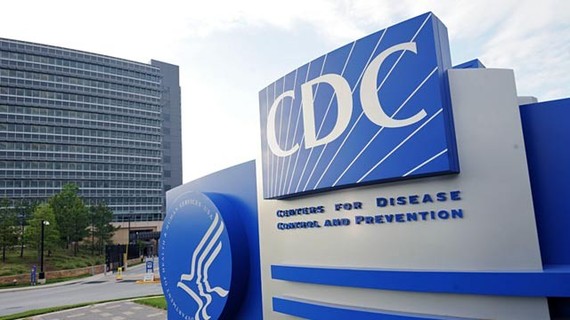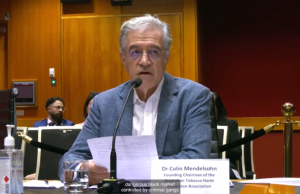Three additional deaths were confirmed last Friday in Indiana, Minnesota and California, following the ones reported in Illinois and Oregon. “While this investigation is ongoing, people should consider not using e-cigarette products,” says Dr. Dana Meaney-Delman, incident manager of the CDC’s response to the vaping-related lung injuries.
“People who do use e-cigarette products should monitor themselves for symptoms, for example, cough, shortness of breath, chest pain, nausea and vomiting — and promptly seek medical attention for any health concerns.”
Links to vaping unlicensed Marijuana products
Reports from California and Milwaukee have pointed out that the common link amongst patients seems to be vaping marijuana oils, extracts or concentrates ― a practice known as “dabbing”. In Kings County, where eight cases were reported in July and August, public health officials found that the victims had purchased unlicensed vaping products from “pop-up” cannabis dealers.
To this effect, the City of Milwaukee Health Department (MHD) said that even though the specifics are unknown at this time, residents are “strongly encouraged” to stay away from any e-cigarettes that contain THC oil.
“The legal vapes have been actively regulated by FDA since Aug 2017. FDA has conducted thousands of inspections of manufacturers and vape stores, published manufacturing guidance, sought product removals etc. These tragedies point to illegal vapes and THC.”
In line with this, last week the FDA’s former chief Dr. Scott Gottlieb, tweeted that given the controls set in place by the agency, it makes sense that the cases would be linked to the consumption of illegal products. “The legal vapes have been actively regulated by FDA since Aug 2017. FDA has conducted thousands of inspections of manufacturers and vape stores, published manufacturing guidance, sought product removals etc. These tragedies point to illegal vapes and THC,” he said.
“Health officials can target imports and conduct blitzes at international mail facilities to try and capture, shut down more illegal and counterfeit vapes and source some of the dangerous products. There are already published FDA lists of known dangerous ingredients to look for,” added Gottlieb.
In a blog on his page published two weeks ago, public health expert Dr. Michael Siegel had pointed out that the CDC’s generic advice to stop vaping is “irresponsible”. He explained that there is such a broad category of vaping products that giving people such advice is not helpful at all.
“There are millions of people who are vaping nicotine-containing e-liquids and it would not be prudent for these millions of people to return to smoking in order to avoid the risk of this “unknown” and “mysterious” medical condition. Moreover, with such vague advice, no one is likely to change their behavior because they are not being warned about any specific, identifiable risk.”
Looking into the presence of Vitamin E Acetate
Since then, the CDC has said it is looking into lab tests by New York state health officials, which indicate that the presence of vitamin E acetate in many of the cannabis e-cigarette cartridges that sickened patients had submitted for testing.
However, director of the FDA’s Center for Tobacco Products Mitch Zeller, said that not all of the 120 samples collected contained vitamin E acetate. “No one substance or compound, including vitamin E acetate, has been identified in all the samples tested,” he said in a briefing.
Read Further: People












